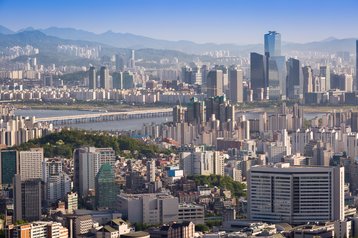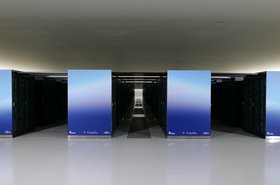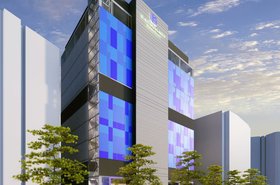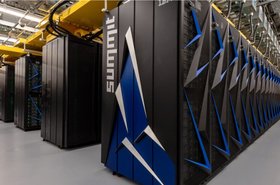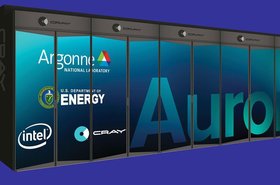South Korea hopes to launch an exascale supercomputer in the country by 2030.
Ahead of that goal, the National Ultra High Performance Computing Innovation Strategy will fund a new system in 2023, and another in 2028, both of which will be the nation's most powerful supercomputer when they launch.
“The nation, currently ranked at 21st in terms of processing power, will try to make it to the top five list of nations with the fastest supercomputers by developing top-notch computing systems for state-run organizations,” said Hong Nam-ki, minister of economy and finance.
South Korea's 570,020 core Nurion supercomputer is ranked 21st on the Top500 list. The country has just two systems in the most recent ranking, trailing the US and China, as well as Germany, Italy, the UK, Saudi Arabia, and others.
One month after DeepMind's 2016 victory over South Korean Go master Lee Sedol, the country announced it would start investing millions into beefing up its supercomputing infrastructure.
At the time, the country said it would launch a 30 petaflops system between 2021 and 2025. Nurion launched in 2018 with a theoretical performance of 25.7 petaflops, but an actual performance of 13.92 petaflops.
The country has not disclosed what performance it hopes to achieve with its 2023 and 2028 systems.
But South Korea also hopes to hit another milestone with the 2030 exascale supercomputer - domestic chips. Processors, platform technology and data-intensive tech are key development priorities of the new National Super High Performance Computing Joint Utilization Council.
The country has a huge semiconductor manufacturing industry, but HPC chips are still primarily designed by Intel, Nvidia, and AMD - as well as Japan's Fujitsu and China's Sunway.
In an effort to boost its chip manufacturing further, South Korea this month unveiled a plan to spend $451bn on semiconductors.

